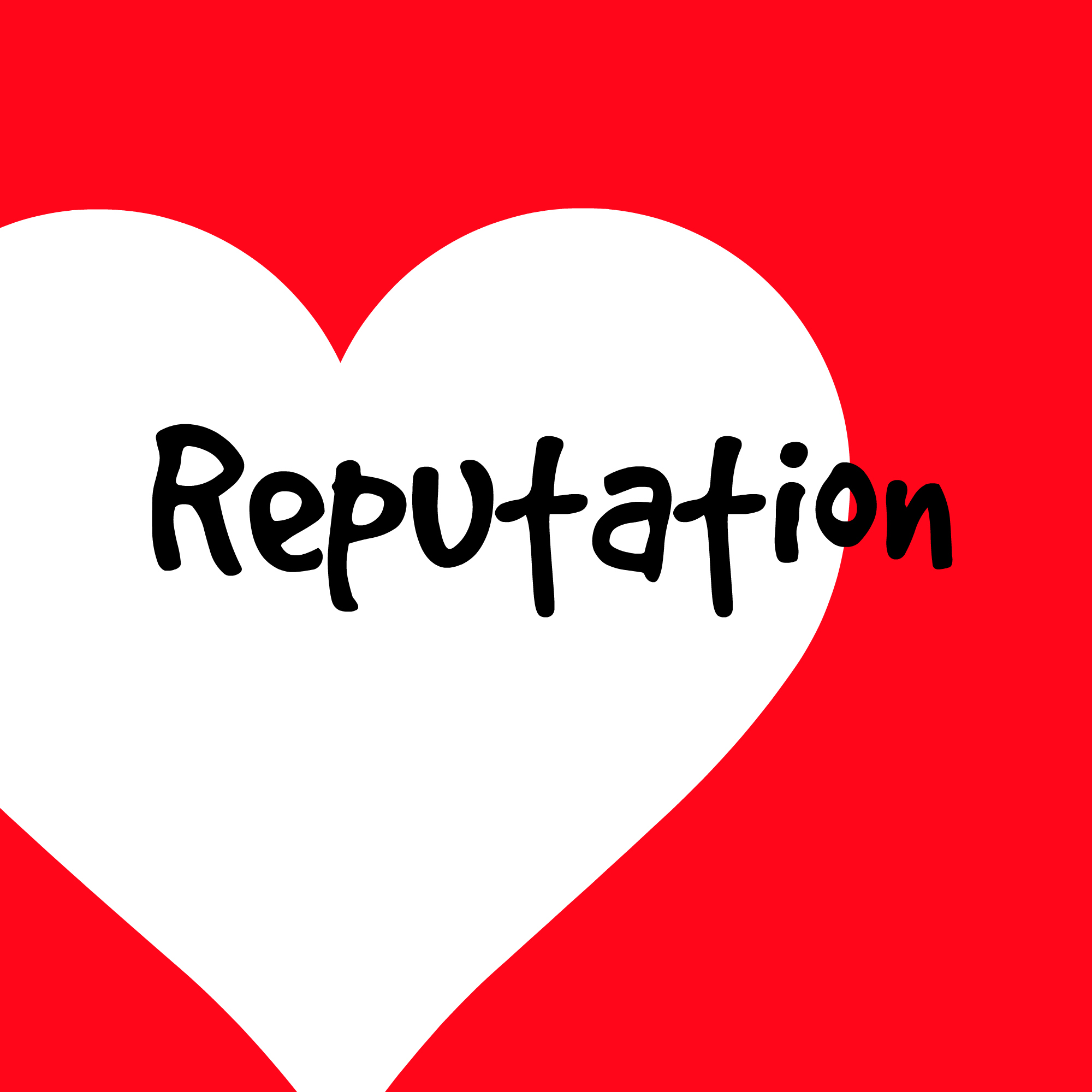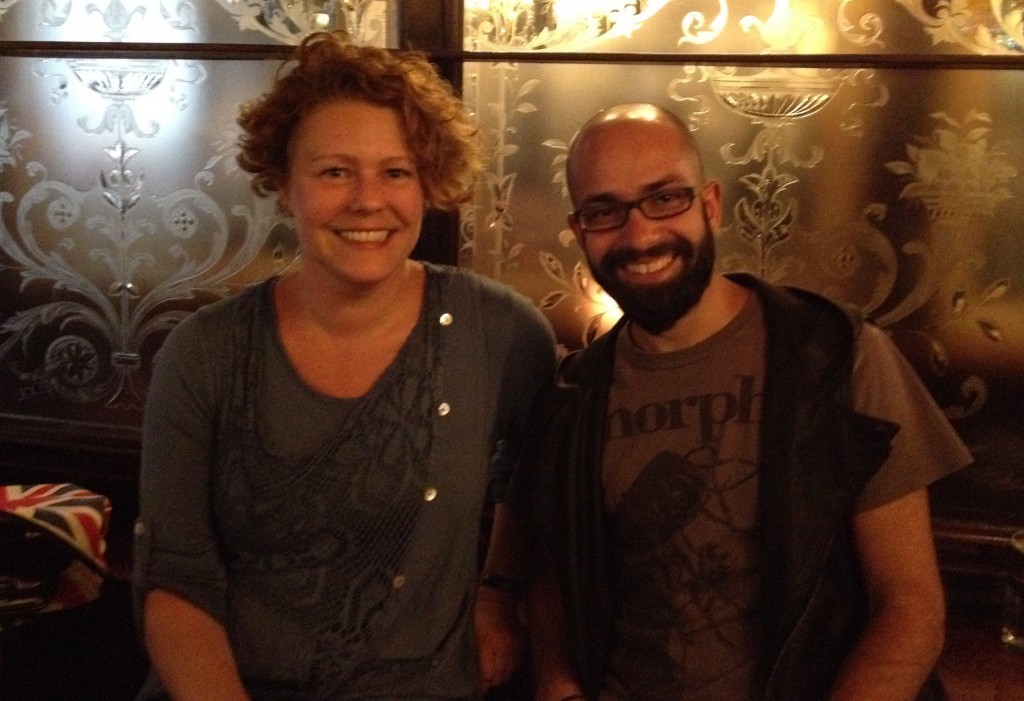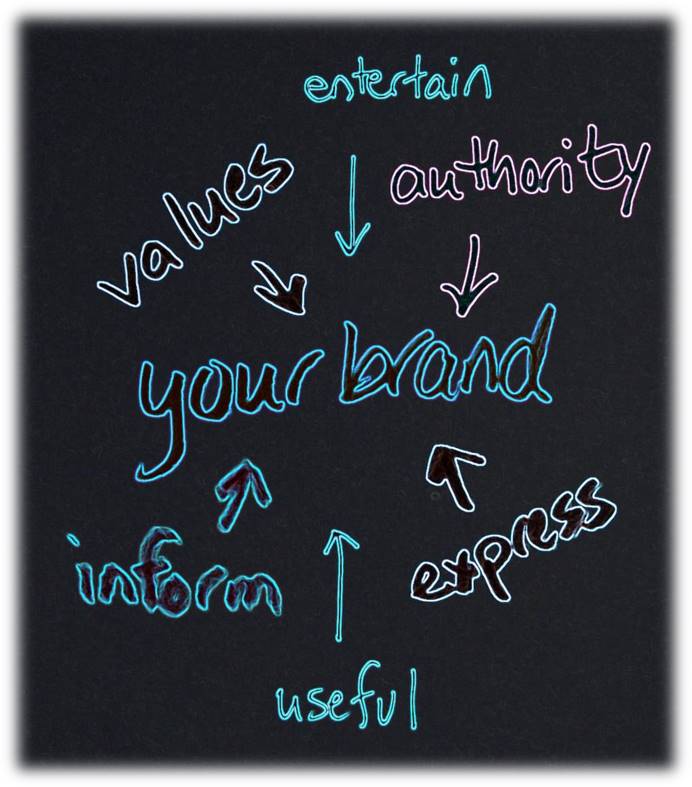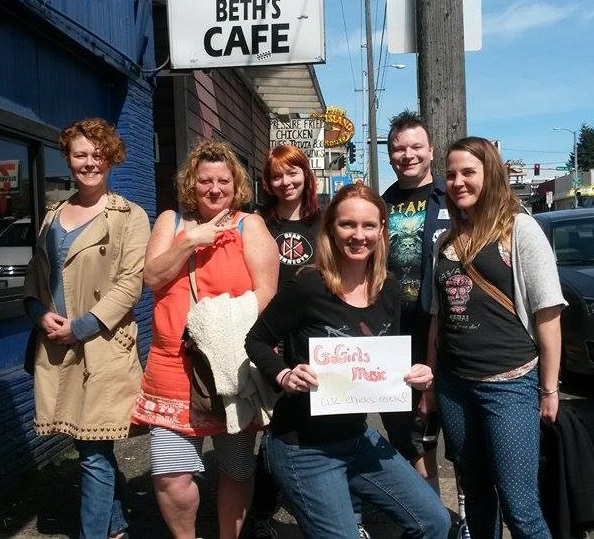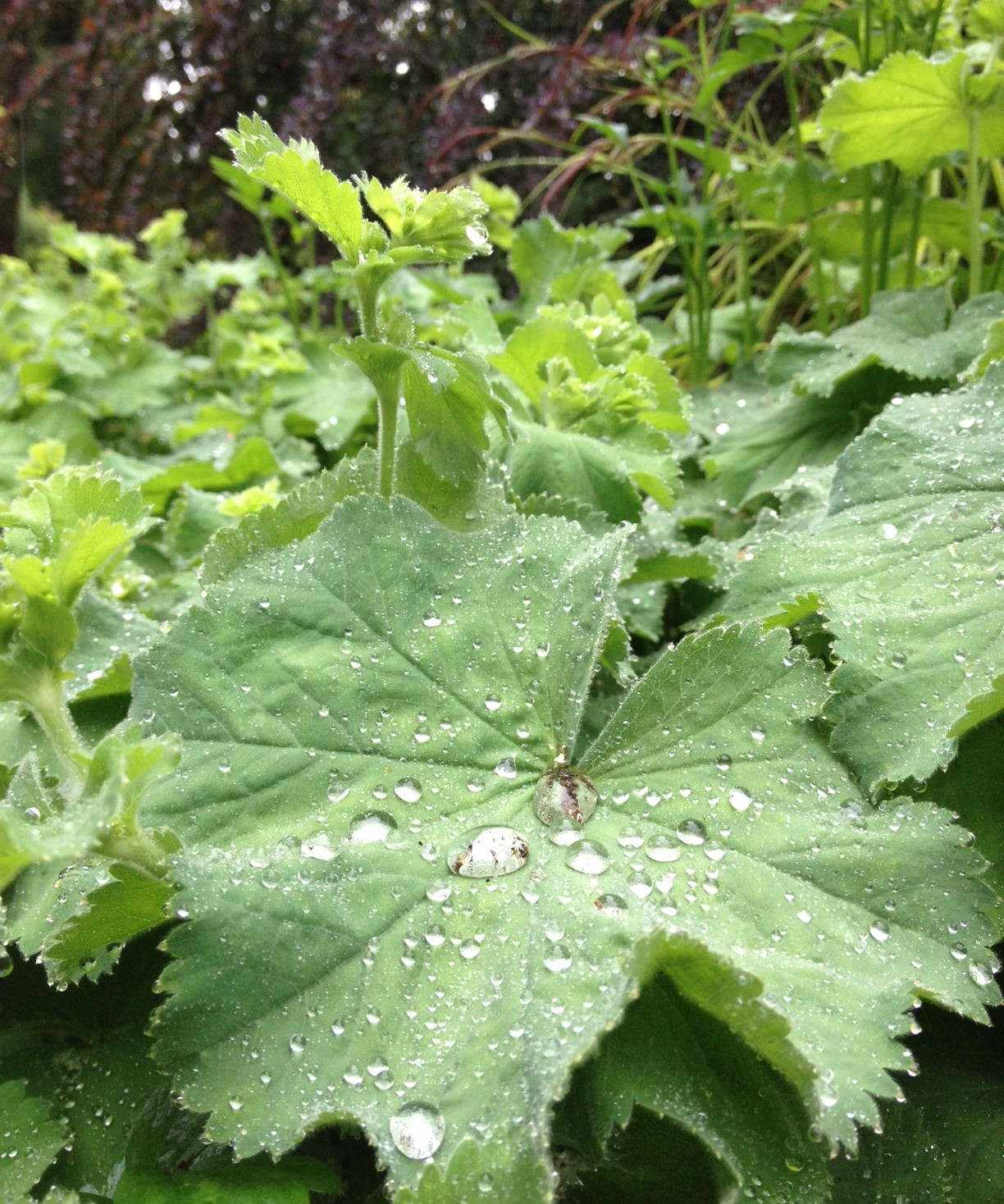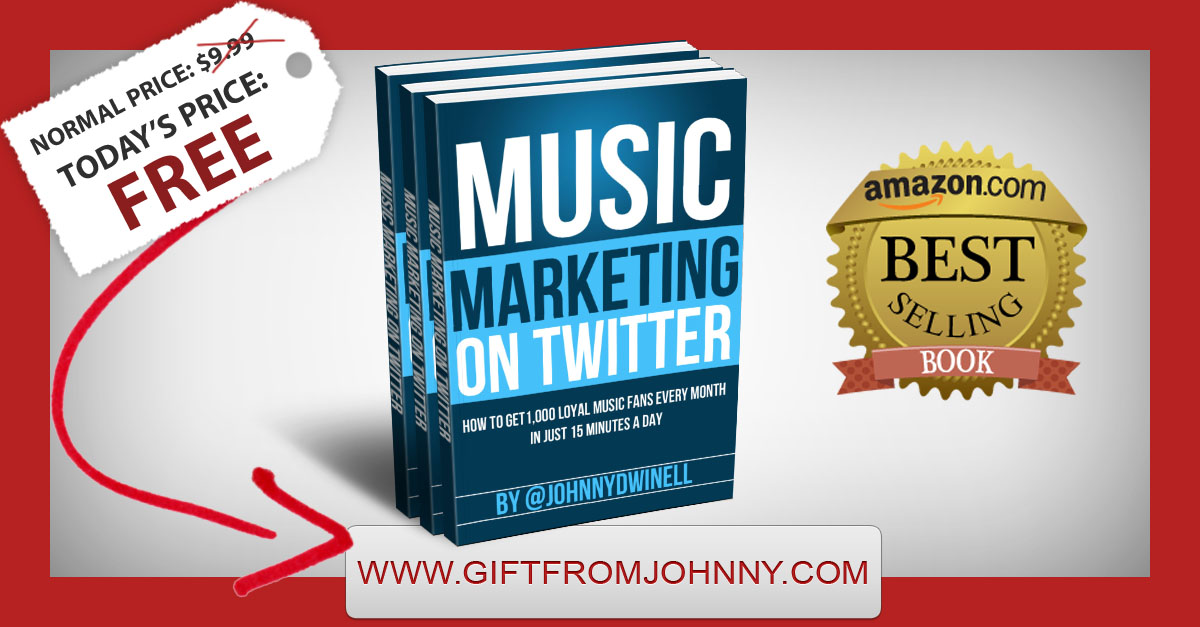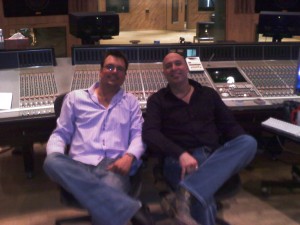In this latest installement of my weekly podcast, I discuss two current articles and the issues they raise around marketing your music online through social media and other online marketing tools. I record this podcast every Friday morning while I walk my dog, which is where I do some of my best thinking about whatever is on my mind that week related to my music and music promotion as a DIY musician.
The first article I talk about in my 16 minute podcast this week is from Digital Music News, entitled See How St. Vincent Doubled Her First Week Album Sales, by Nina Ulloa. It shows that an integrated digital marketing approach incorporating multiple ways to reach a customer can be a very successful technique for increasing music sales. I talk about my conversation this week with Jason Hobbs of The Found Group, the digital marketing agency that handled St. Vincent’s campaign, and how I see the techniques of this campaign might be applied by DIY musicians.
I also discuss an article on Social Media Today entitled Why Facebook Is Not Part of My Social Media Strategy by Shell Robshaw-Bryan, which makes the case for leaving Facebook out of the marketing mix entirely. Although Robshaw-Bryan was starting a blog (not a band or music website) from scratch, she makes some good points about the decreasing effectiveness of using Facebook to build a community – whether you pay for advertising or not. Is it worth paying? Is it worth even playing?
[Tweet “”A customer usually has to see a product around seven times before they’ll make a purchase.” – Jason Hobbs, The Found Group”]
Regardless of what digital media tactics you use as a musician, from Twitter, Facebook, Tumblr, Instagram or more, the fact I found most interesting is something marketers in other industries have known for years: it takes an integrated digital marketing campaign with multiple customer “touches” before purchase happens. There is no single event, or single digital platform – no silver bullet – that will result in an immediate sale.
This is just as true for customers buying music as customers buying beauty products or cars. With the exception of a live performance, most fans will not purchase music from an artist after just one interaction. Building an online community using multiple digital platforms, and using a “retargeting” tool such as The Found Group’s found.ee can help expose fans to an artist as a person, and to their music, multiple times. This multiple exposure is necessary for a fan to progress along in the consideration process, the “sales funnel”, if you will, to the end result of a purchase.
And the ultimate business goal of any marketing campaign purchase – whether it’s a ticket, a digital download, or merchandise. Being a “Like counter” is not as effective as creating community, word of mouth, and buzz that results in repeat purchases by fans.
What are your experiences with Facebook advertising, with integrated marketing, and with how you see fans process of deciding to buy music? I welcome your comments below.
![]() This musician clearly sells or gives his email list to third parties – in this case, Loral Langmeier. He says in his email that he is performing at this “Millionaire Summit”, and told me all the reasons why I should Act Now! to join Loral (for just $297!) in Florida to “rub elbows” with millionaires and learn their secrets for accumulating my own millions! Yuck.
This musician clearly sells or gives his email list to third parties – in this case, Loral Langmeier. He says in his email that he is performing at this “Millionaire Summit”, and told me all the reasons why I should Act Now! to join Loral (for just $297!) in Florida to “rub elbows” with millionaires and learn their secrets for accumulating my own millions! Yuck.
